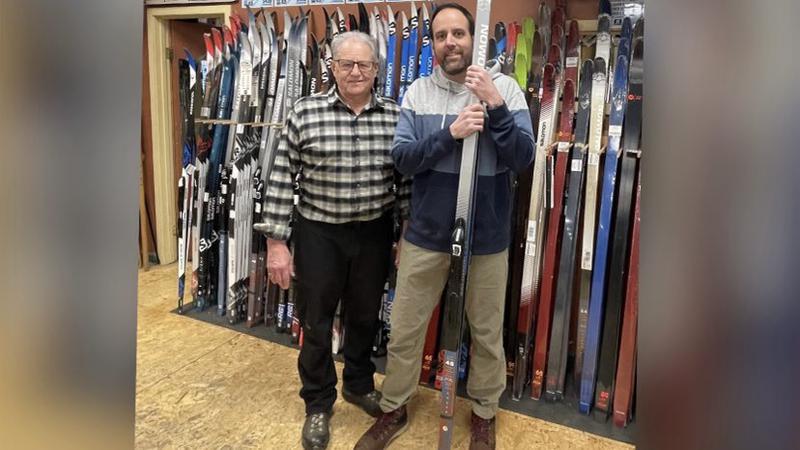Paralyzed detective who forgave shooter eulogized as hero
NEW YORK — Steven McDonald, a police officer best known for forgiving a teenage gunman who left him paralyzed in 1986, inspired New York City by choosing a spiritual journey over self-pity and spite, Mayor Bill de Blasio and others said Friday.
McDonald’s “road on this earth was not easy but he showed us what we need to know,” de Blasio told McDonald’s widow, Patti Ann, police officer son and other mourners packed into St. Patrick’s Cathedral for his funeral. “Now we have an obligation to tell his story across this city and all across his nation, especially at this time.”
The officer was a role model at the New York Police Department, the nation’s largest, Police Commissioner James O’Neill said in his eulogy.
“What we can learn from Steven’s life is this: The cycle of violence that plagues so many lives today can be overcome only by breaking down the walls that separate people,” O’Neill said. “The best tools for doing this, Steven taught us, are love, respect, and forgiveness.”


